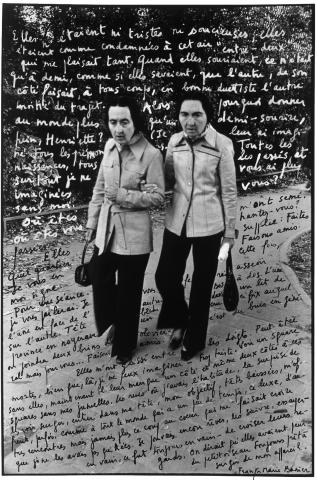Autumn dusk
bats and oak leaves rush about
sliver of moon above
-- Lauren Thompson
[photo by Chris Caselli]
I composed this little haiku exactly three years ago, on my way home from having tea with a friend of mine who had been diagnosed with terminal brain cancer. She'd already had to stop working and had moved into an assisted living residence, but she was still out and about, meeting people in coffee shops and visiting friends. She was still traveling to her doctors' offices, rather than they traveling to her. But all of that was soon to change. Perhaps she sensed that. The day before, she had finished drawing up a do-not-resuscitate letter. In fact, five months later, at the age of forty-two, she would be dead.
But this day, she was very much alive. Up to the very last moment she was very much alive.
I have written elsewhere about the experience of being with her through her dying. I am still working on a book about the experience. I have to call it a memoir, as everything I have to say about it is much more about me than about her. I really hardly knew her. But in some ways my relationship with her was -- is? -- my deepest friendship.
On the same notebook page on whch I recorded the haiku, I later jotted down another haiku, this time written at a retreat at Blue Cliff Monastery. That was one year ago. The two haiku don't really belong together, but they do.
The monastery cat
stalks the unmowed grass
as if he is wild.
-- L. T.
A black cat has made the monastery his second home, and the monks and nuns call him Batman. The poem got a big laugh when I read it at the end of the retreat, during a public performance/share we call a "be-in." Later, someone told me that a brother had quipped, "The monastery monk / stalks the unmowed grass / as if he is wild." Yes, just so.







